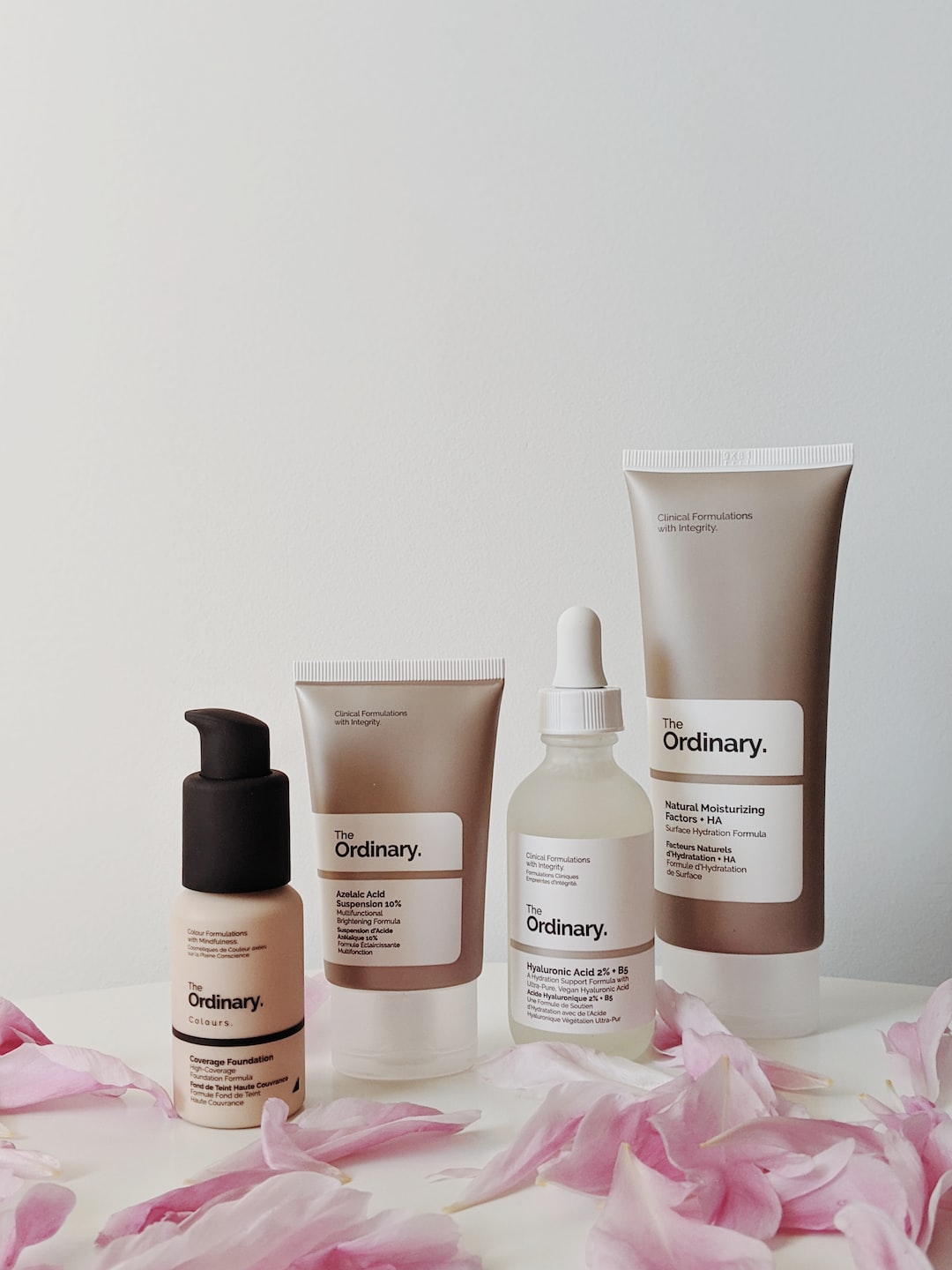The Science Behind Anti-Aging Skincare Ingredients
When it comes to avoiding the signs of aging, many people turn to skincare products to help them look and feel their best. The beauty industry offers a plethora of anti-aging skincare products that promise to reduce wrinkles, improve skin texture, and restore a youthful appearance. But what is the science behind these products? How do they actually work?
To understand how anti-aging skincare ingredients work, it’s important to recognize the key factors that contribute to aging skin. As we age, our skin undergoes a series of changes that result in the loss of elasticity, the appearance of fine lines and wrinkles, and a dull and uneven complexion. These changes are a result of a combination of genetic factors, environmental exposure (such as sun damage and pollution), and intrinsic aging processes.
One of the most effective strategies to combat these signs of aging is by incorporating scientifically proven ingredients into our skincare routine. Let’s explore some of these ingredients and the science behind their anti-aging properties.
Retinoids:
Retinoids, such as retinol and retinoic acid, are derivatives of vitamin A and are frequently used in anti-aging skincare products. They work by speeding up cell turnover, stimulating collagen production, and reducing the appearance of wrinkles and fine lines. Retinoids also help to improve skin texture and tone, making it a popular ingredient in many skincare routines.
Peptides:
Peptides are small fragments of proteins that play a crucial role in the health and functioning of our skin. When applied topically, peptides can help to stimulate collagen production, improve skin elasticity, and reduce the appearance of wrinkles. By targeting specific areas of concern, peptides are a key ingredient in many anti-aging skincare products.
Hyaluronic Acid:
Hyaluronic acid is a naturally occurring substance in our body that helps to retain moisture and keep our skin plump and hydrated. However, as we age, the production of hyaluronic acid decreases, leading to dry and dull skin. Skincare products that contain hyaluronic acid help to replenish moisture levels, reduce the appearance of fine lines, and improve overall skin hydration.
Vitamin C:
Vitamin C is widely known for its antioxidant properties and ability to brighten the skin. As an antioxidant, vitamin C helps to neutralize free radicals, which can cause damage to the skin cells and accelerate the aging process. By incorporating vitamin C into your skincare routine, you can help protect your skin from environmental damage, reduce hyperpigmentation, and promote a more youthful complexion.
Niacinamide:
Niacinamide, also known as vitamin B3, is a multitasking ingredient that offers a wide range of benefits for aging skin. It helps to improve skin texture, reduce the appearance of wrinkles, and minimize pore size. Niacinamide also plays a crucial role in the regulation of sebum production, making it an excellent choice for those with oily or acne-prone skin.
Green Tea Extract:
Green tea extract is rich in antioxidants that help to protect the skin from free radicals and reduce inflammation. It also contains compounds that can improve skin elasticity and reduce the appearance of wrinkles. In addition, green tea extract has soothing properties that can help calm irritated skin and promote a healthy complexion.
While incorporating these scientifically proven ingredients can be beneficial for anti-aging skincare, it’s important to remember that everyone’s skin is unique and may react differently to certain ingredients. It’s always recommended to perform a patch test before incorporating new products into your routine and consult with a dermatologist if you have any concerns or specific skin conditions.
In conclusion, the science behind anti-aging skincare ingredients involves understanding the biological processes of aging skin and targeting specific concerns with scientifically proven ingredients. Retinoids, peptides, hyaluronic acid, vitamin C, niacinamide, and green tea extract are just a few examples of the ingredients that can provide a range of benefits, from reducing wrinkles to improving skin texture and tone. By incorporating these ingredients into your skincare routine, you can enhance the health and appearance of your skin, helping you to look and feel your best at any age.


